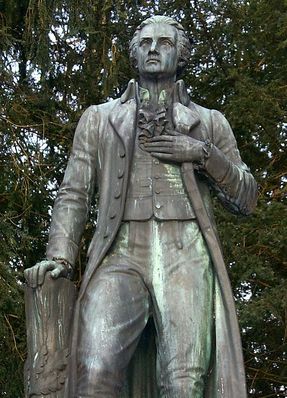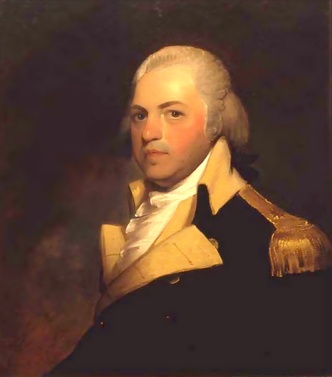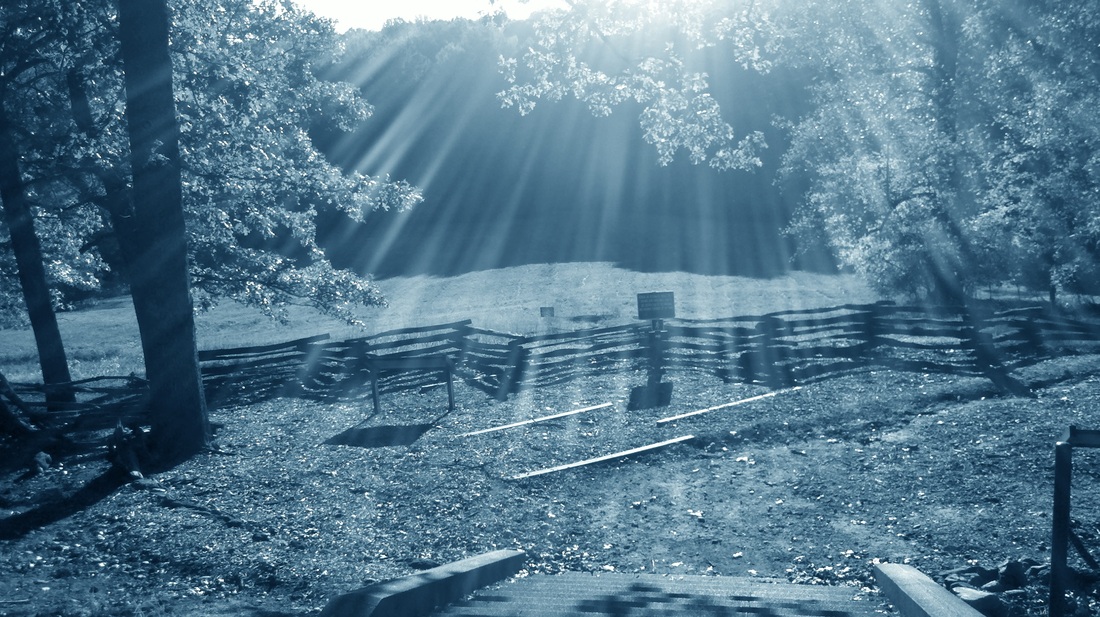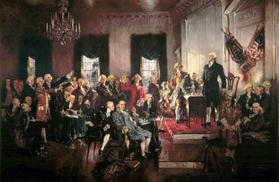 Johann Phillip Palm ~ 1768 to 26 August 1806
Johann Phillip Palm ~ 1768 to 26 August 1806 War Cry Heal Union: The series (8 of 10)
For James Wright Foley (1973-2014) and free speech.
Word wars are always already moral. The powers of the moment, be it Emperor, Mob or Dictator, attempt to control the message through morality’s timeless twins ~ silence and violence.
The US Constitution recognizes this aspect of power in the ageless First Amendment (1791):
“Congress shall make no law respecting an establishment of religion, or prohibiting the free exercise thereof; or abridging the freedom of speech, or of the press, or the right of the people peaceably to assemble, and to petition the Government for a redress of grievances.”
The story of free speech and press in Western Civilization ~ from Socrates to Foley ~ is a telling story …
 Henry Lee III ~ 1756 to 1818
Henry Lee III ~ 1756 to 1818 On 25 August 1806, Johan Phillip Palm, a German publisher living under the rule of law according to the ideas of French Emperor Napoleon Bonaparte I, was tried in a mock court. Palm had published news ~ behavioral tales of Napoleon’s soldiers in Germany ~ and did not reveal the author to the mockery; the next day, 26 August 1806, Palm was executed by firing squad.
America’s Henry Lee III
On 27 July 1812, Henry Lee III, a famed American revolutionary living under the rule of law according to the ideas of a mob in Baltimore, was pummeled to incapacitation. Lee was defending Alexander C. Hanson and his First Amendment right to publish an antiwar editorial. The defenders of a free press were attacked by a “Be Quiet!” mob; Lee was never the same health-wise and died in 1818.
| | Hitler’s White Rose On 22 February 1943, Sophie Scholl, a German teacher living under the rule of law according to the Nazis and Adolf Hitler, was tried in a mock court. Scholl and two Others, part of a group writing under the name White Rose, were found guilty of publishing antiwar pamphlets and writing anti-government graffiti. The three were beheaded almost immediately ~ five hours after the mockery. And many Others ~ free speech and press ~ part of everyone's story. *Next on Ew Publishing’s WCHU: a double feature honoring rebels and constitutions. The Rebels of Harlem Heights begin the summer series finale on Tuesday, 16 September ~ followed by Constitution Day 2014 on Wednesday, 17 September. ~ Posted by Bryan W. Brickner |


 RSS Feed
RSS Feed
